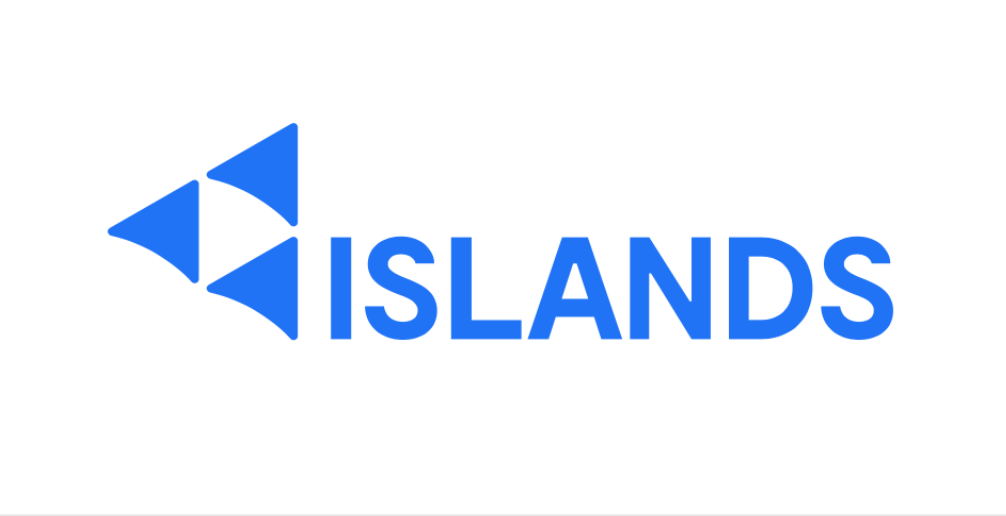Mercury is one of the World Health Organization’s top 10 chemicals of major public health concern. Exposure to mercury harms the nervous system, heart, and kidneys, posing particular risk to children, infants and foetuses, as well as communities that rely on fish, shellfish and marine mammals as primary sources of protein.
Human activities such as artisanal and small-scale gold mining, industrial processes, and unsafe handling, use, and disposal of mercury-contaminated waste have increased total atmospheric mercury concentrations by about 450% above natural levels (this includes historical emissions that are circulating in the biosphere, known as legacy mercury).
This group provides space for exchange of information on immediate actions and experiences in catalyzing global action on mercury, and awareness-raising in support of implementation of the Minamata Convention on Mercury.
Group members are welcome to share and ask questions to other members. Please introduce yourself and join the conversation.
It is convened in the context of the Implementing Sustainable Low and Non-Chemical Development in Small Island States (ISLANDS) Programme. ISLANDS supports thirty-three Small Island Developing States (SIDS) in the Atlantic, Caribbean, Pacific and Indian Ocean to manage hazardous chemicals and waste safely and sustainably.
Would you like to find out more about mercury and what ISLANDS is doing about it? Visit our knowledge hub on gefislands.org to find dedicated information, news and opportunities on mercury management in SIDS.
{"preview_thumbnail":"/sites/default/files/styles/video_embed_wysiwyg_preview/public/video_thumbnails/xWutQ9RFtaw.jpg?itok=kx8Efwgp","video_url":"https://youtu.be/xWutQ9RFtaw ","settings":{"responsive":1,"width":"854","height":"480","autoplay":1},"settings_summary":["Embedded Video (Responsive, autoplaying)."]}
